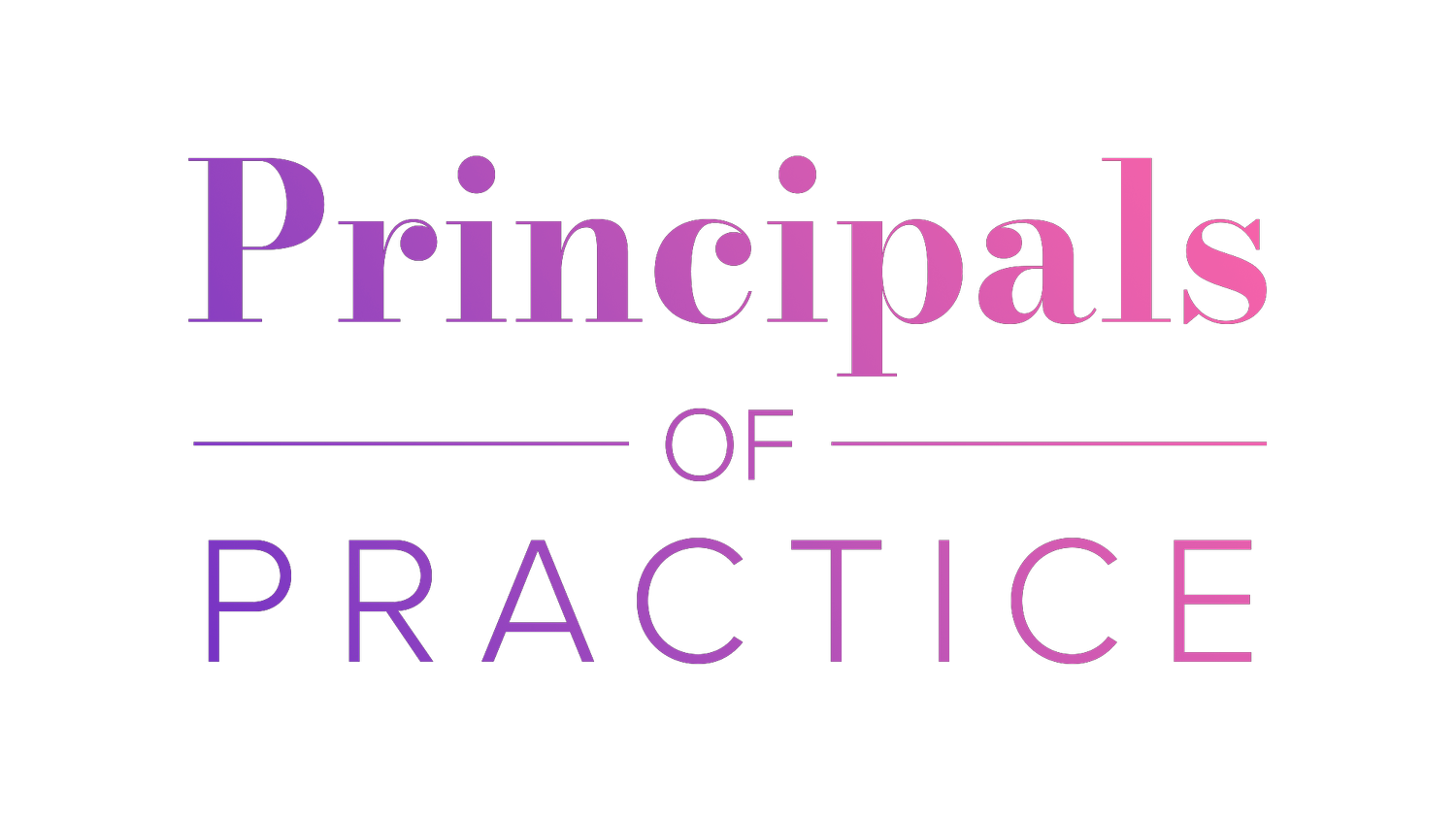I think I know why you stay in the job you hate
As we near the end of a year that has challenged us all, deep contemplation on the direction of our lives and careers is taking place for many. Are you doing what you really love? Would you rather be doing something more purposeful? What is it that you’re waiting for?
Lately I’ve been wondering to what extent one’s craving for external validation diminishes their inclination to choose a career that allows them to make use of their innate talents and fulfil their purpose? Is there a connection between ‘scarcity culture’ and people remaining in jobs that aren’t meaningful to them?
Scarcity culture delivers a pervasive message that no matter what we have, it isn’t enough. It insists there is always more to achieve and more to get out of life. It is the voice that has you eagerly awaiting the next pay rise even though you live comfortably, that has you dreaming about the next (bigger!) house or the newer car. It intervenes when you’re perfectly happy with your decision to send your child to a particular school and has you second guessing yourself when you find out a friend is sending their child to one that’s more exclusive.
What are we trying to achieve? Will we ever have enough? Will we ever believe we are enough?
In her book, The Soul of Money, Lynne Twist writes:
“…for many of us, our first waking thought of the day is ‘I didn’t get enough sleep.’ The next one is ‘I don’t have enough time.’ Whether true or not, that thought of not enough occurs to us automatically before we even think to question or examine it… Before we even sit up in bed, before our feet touch the floor, we’re already inadequate, already behind, already losing, already lacking something. And by the time we go to bed at night, our minds are racing with a litany of what we didn’t get, or didn’t get done, that day… This internal condition of scarcity, this mindset of scarcity, lives at the very heart of our jealousies, our greed, our prejudice and our arguments with life.”
This passage made me think of people who openly said that they weren’t planning to stay in their current careers because they didn’t think the job was sustainable or it wasn’t what they really wanted to do. I’d ask when they were planning to leave and they mentioned future milestones: “When I make full equity partner,” “Once my kids have finished school,” or “When I have enough money to switch to the job I really want to do.”
Fear of never having enough
What keeps people in jobs when they know what they would prefer to be doing? Is it a fear of not having enough money? (Once you’re established financially, how much is enough anyway?) Or is it not having enough status, validation or recognition, before bowing out?
Of course, true scarcity is a reality for many: those who don’t have enough to live comfortably or have the luxury of searching for more meaning in a job. Then there are others who realise that they are not in the right role and find it difficult to get a job in their preferred field, or in a more sustainable environment. These are not the people I have questions for.
Money, meaning and misery
We earn money for many reasons but what are the tangible, meaningful things that it can provide – or take away? I challenge those who are financially stable but miserable to question themselves deeply about the following:
What is the overarching aspiration or milestone you are seeking to achieve by staying in your job?
Is achieving that aspiration or milestone consistent with the impact you want to make?
Is what’s required in order to achieve that aspiration or milestone consistent with your core values?
What is it you afraid you won’t have enough of if you switch jobs?
Are your fears reasonable when you weigh up the meaningful things in life that you sacrifice because of your job (e.g. meal times with family, holidays uninterrupted by work, the ability to maintain a regular health and wellness routine and get enough sleep) against the truly meaningful things you have by virtue of your job (e.g. intellectual stimulation, strong workplace relationships, professional recognition or health insurance) and consider whether a new opportunity could fulfil more of these requirements?
Waiting for validation
If you’re staying in a job that you don’t find meaningful because you’re looking for validation, or recognition through pay increases or further promotion, I would ask you to examine, very closely, what is behind that? Do you really need more and when will your yearning for this validation end? I can give you a clue – it won’t, if you inisist on receiving it from others.

